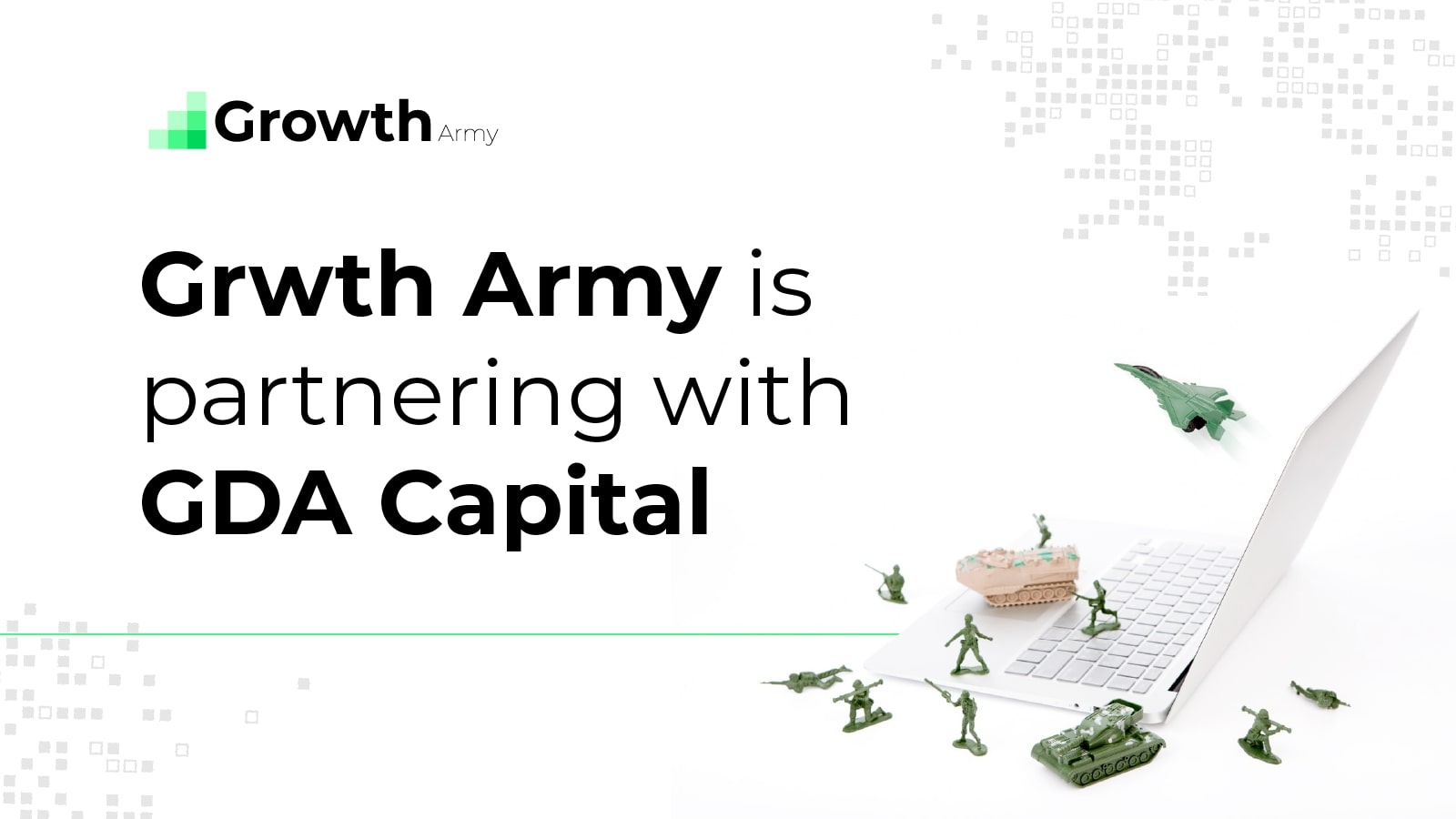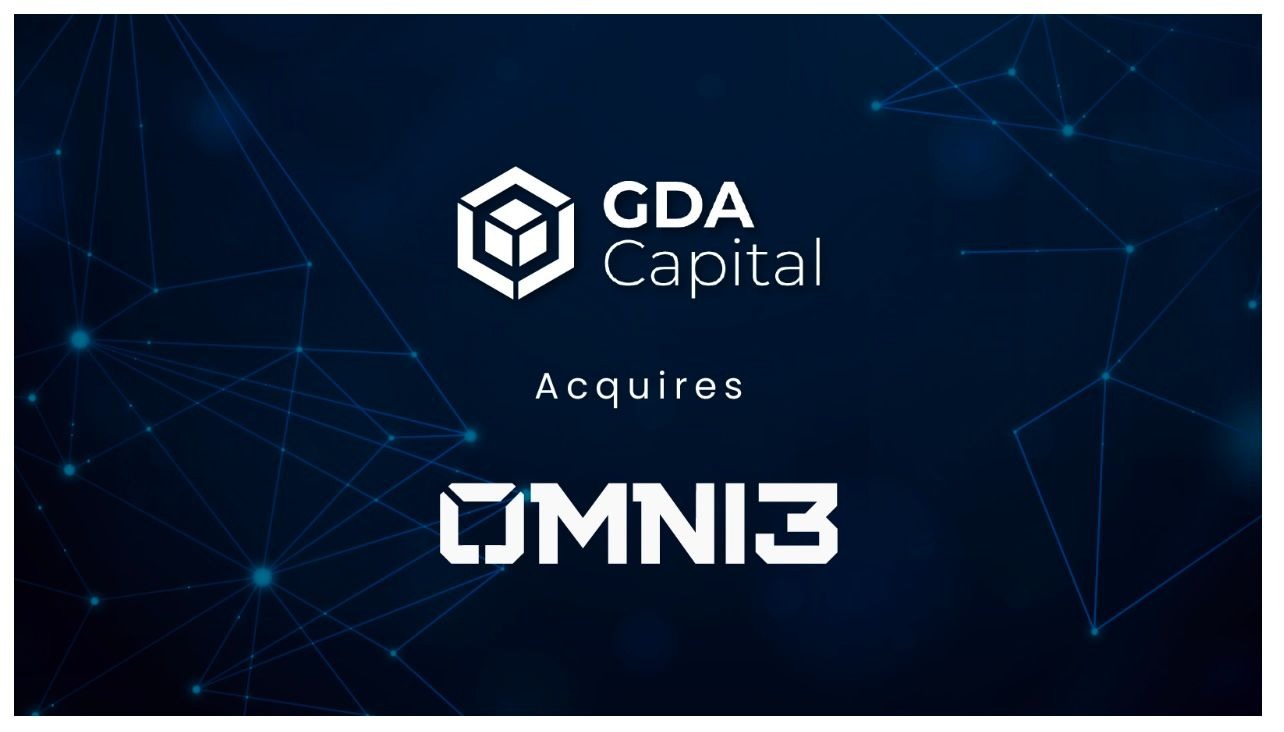The underlying technology of the world’s most popular cryptocurrencies could be used for applications that stretch beyond store of value and investments. Blockchain technology has several enterprise use cases that make it invaluable in the modern economy.
Here are the top three most intriguing blockchain enterprise applications that have emerged in recent years.
Payment settlements
Global payments giant Visa announced a pilot project to use stablecoins on the Ethereum network to settle transactions. The project intends to use U.S. Dollar Coin (USDC), a cryptocurrency pegged to U.S. dollar in a 1:1 ratio, as the intermediary between two fiat currencies on the Visa system. The Visa system handles transactions worth billions of dollars across 200 countries every single day. Which means this pilot could morph into a bigger part of the global payment network if successful.
The pilot could also prove blockchain technology’s viability as a transaction layer that is more efficient or less expensive.
Chainlink’s solution
Borrowing money is another blockchain use case that emerged this year. The European Investment Bank (EIB), the lending arm of the European Union, used blockchain technology to issue €100 million ($121 million) in two-year digital notes for the first time last week. This transaction was completed on the Ethereum network and marks the first time a government agency has used the technology to create a tangible financial asset for itself.
Heavyweight financial institutions including Goldman Sachs, Banco Santander SA, and Societe Generale AG served as managers of the bond. Rival bank BBVA issued a similar Euro-denominated bond in 2019. It seems major banks, at least in Europe, have embraced the blockchain for borrowing capital.
Digital identities
Creating and managing digital identities could be yet another enterprise use case of blockchain tech. A distributed ledger that lives online seems to be the most convenient and efficient way to give people a way to interact digitally.
Last week, the Ethiopian government partnered with the Cardano team to create blockchain-based identities for over 5 million students. The project will let the government assign IDs for teachers and students in an effort to track grades and resource allocation. This project is a key ingredient in the government’s plan to boost education across the nation.
The initiative mirrors an earlier project that helped offer digital IDs to Syrian refugees in 2018. The UN’s World Food Programme (WFP) partnered with some industry experts to offer blockchain-based IDs to displaced Syrians. These IDs were then used to redeem WFP-provided assistance such as groceries.
Final thoughts
While cryptocurrencies and digital assets are the most popular use cases of blockchain technology, they’re not the only ones. In recent years, governments, charities and corporations have found ways to use these nascent networks to make borrowing easier, make transactions faster or offer digital identities to the disenfranchised.
As the tech matures, more enterprise applications could emerge. The future economy could be more decentralized than we imagine.



